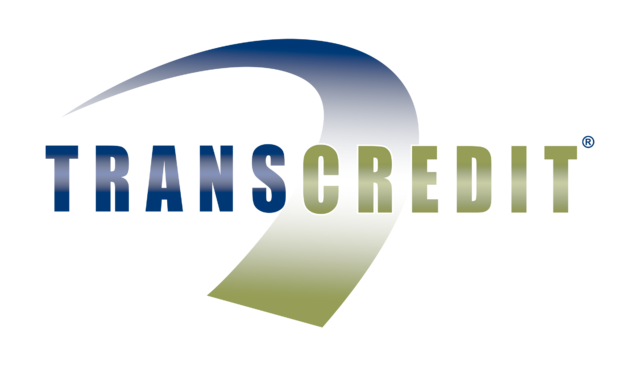TOP SHELF CREDIT REPORTS
You are in the trucking business, so what special information should you have on a credit report? Are you currently paying for information that has no relevance or value to you?
A Top Shelf credit report should provide data that relates directly to your type of business. What is NOT important here is how your prospective customer pays his mortgage—you are not a bank, not how they pay for forklifts—you are not an equipment supplier and certainly not how they pay for utilities because those are last resort obligations to not get paid. These areas of credit do speak for the overall business practices of a company, but collateralized debt is in a different category than freight bills.
The reality is that you as a freight broker or carrier have no entitlement to the goods onboard and the ugly
truth often shows with ongoing companies who don’t pay or slow pay freight bills…why not, there are
thousands of others available to haul their freight.
So, what’s most important to you…it should be to see how the prospective customer pays other trucking entities that are doing the same work you will be asked to do. “How they get paid is most likely how you will be paid.” There are other nuances to be gained in evaluating how your peers are faring with a customer, i.e., is their share of business declining while yours is increasing at a faster pace…that could be a sign they are cutting back due to non-payment and you could well be left ‘holding the bag.’
Another key factor is the average credit extended and do not be influenced by high credit. The shipper may have had a windfall or perhaps moved to a new location and in doing so ran higher than normal freight bills. Average credit is determined by a composite of all carriers and brokers reporting what they bill on a monthly basis. This number gives you a good measure of where your company should be for credit extension.
All credit reports give you company names, addresses and phone numbers, but only an industry trade
report will provide what documents you must submit for prompt payment. This is a must in the trucking industry because there are numerous documents ranging, from copy or original Bill of Lading, Signed Proof of Delivery (POD), perhaps copy of rate agreement, broker load number and of course the Freight Bill (Invoice).
Trucking is filled with other key factors that although not credit related are an important part of what you should receive on an industry credit report. These factors are not included in credit reports from the giants like D&B but are definitely in the “must know category” when there are inter-actions between a freight carrier and a freight broker. Does each entity have current operating authority, bonding and insurances needed to cover the value of your customers product?
With the looming recession forecast by many industry experts you should really take extra precaution to make sure the cash flow is maintained. Do your due diligence by maintaining quality credit reports on all
those that do or will owe you money.
Winston Aston, CEO
TransCredit, Inc.
